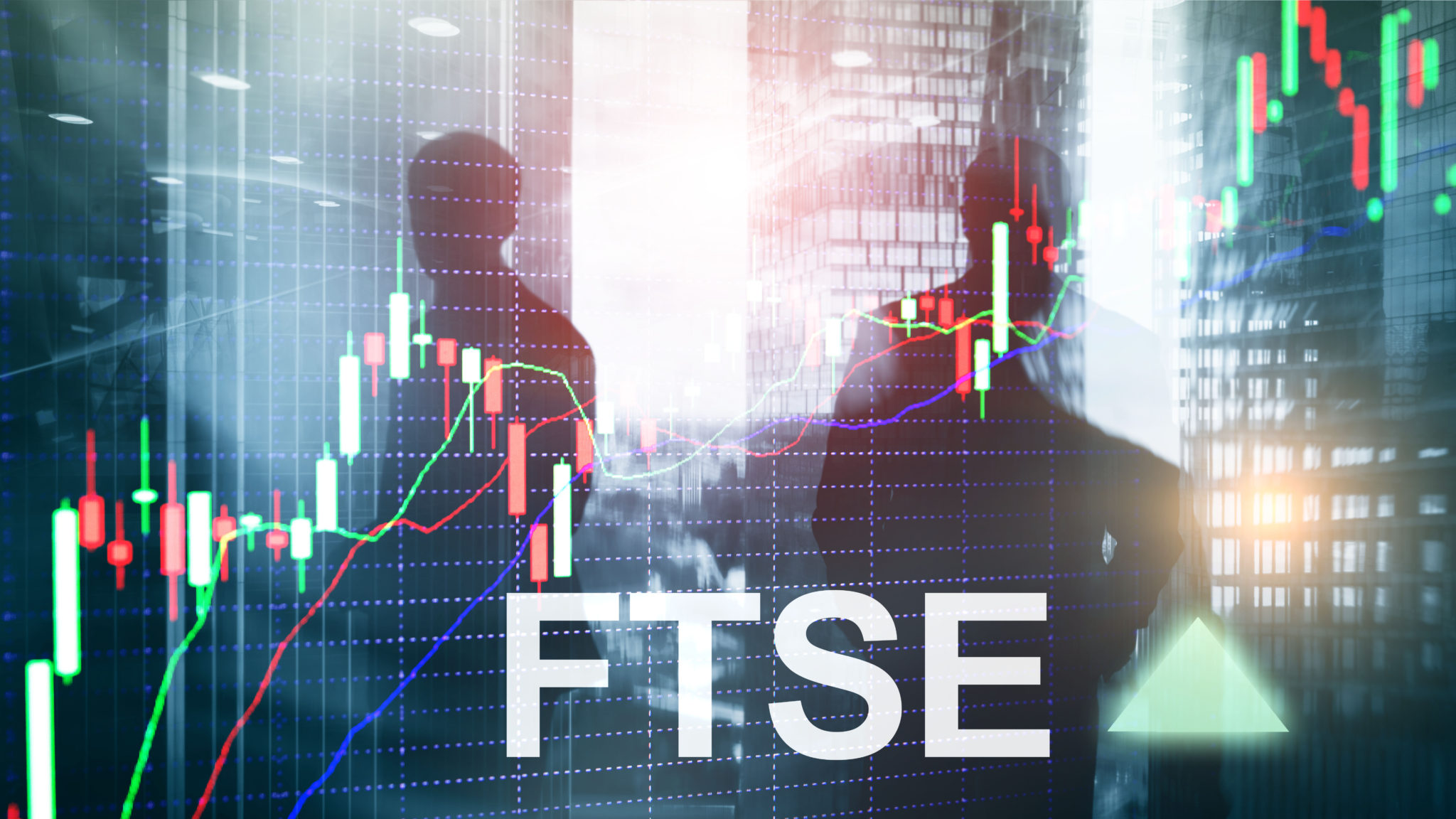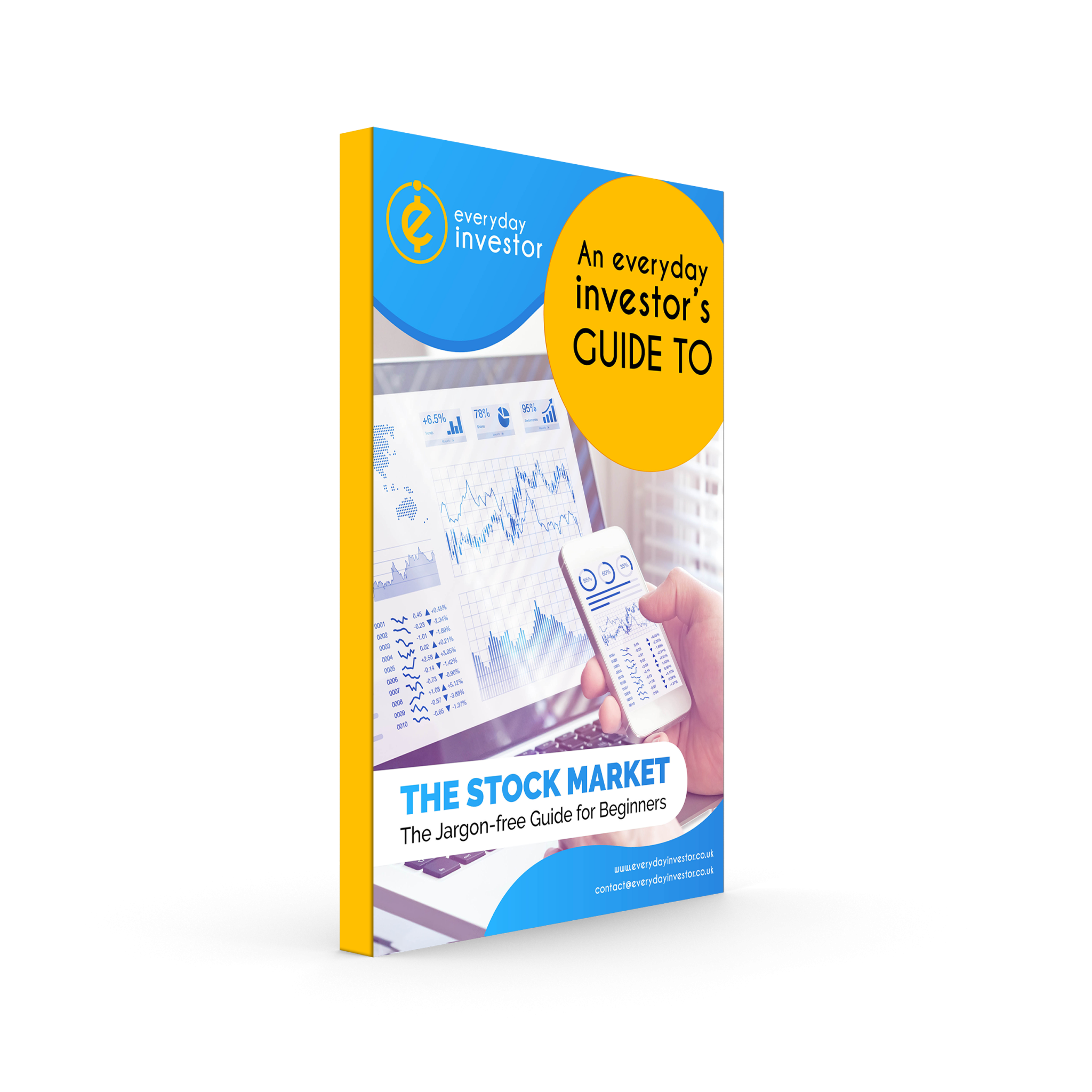What are the best shares to buy? This is a common question new stock market investors often ask. It will lead us to considering the difference between defensive stocks and cyclical stocks.
If you’re an investor already you’ll understand that there is no magic answer to this question. The market and the companies listed on it are continuously changing. In addition, what suits one investor may not suit somebody else.
To help you understand the options it is important you understand the difference between two different types of share you can buy on the stock market. These are defensive stocks and cyclical stocks.
What is a Defensive Stock?
A defensive stock is one where the company’s performance is fairly stable over a long period of time. It won’t set the stock market growth charts on fire but it can be relied upon to keep generating solid returns. These returns usually come in the form of dividends.
A company whose shares are seen as defensive tends to be a company who might be expected to generate income regardless of the wider economic climate. This may be because they provide basic needs that everyone requires and so will always buy. Examples include consumer goods and utilities.
The share price of a defensive stock won’t tend to fluctuate a great deal. Although, in times of uncertainty increased demand may serve to push the share price higher. We saw this effect in action during the immediate aftermath of the Brexit referendum in 2016. Following the result, the share price of consumer goods companies Unilever and GlaxoSmithKline both jumped higher.
What is a Cyclical Stock?
A cycle, as defined by the Oxford English Dictionary, is “a series of events that are regularly repeated in the same order.” This is a concept that is widely applied to the global economy. Historically, over time the economy enjoys a period of growth. This is followed by a period of contraction, before moving back into growth.
During a period of economic growth many businesses will find it easier to prosper and seek to expand. However, during times of economic contraction they will often find conditions more challenging and act more conservatively.
A cyclical stock is one that is sensitive to these economic cycles. Some industries typically seen as cyclical are technology, manufacturing, banking and house-building (amongst others).
Take house-building for example. During times of economic contraction where conditions are more challenging and people generally have less money to spend, is the demand for new homes going to the same as when the economy is thriving? The net result is an impact on the share price due to the anticipated outlook for the company.
Keeping it simple – defensive stocks or cyclical stocks?
It impossible to say whether defensive stocks or cyclical stocks are best for you. This is likely to be influenced by your motivations for investing and the level of risk you are prepared to accept.
Generally, most professional investors advocate a balanced approach. As always, make sure you fully understand the company and the sector you are investing in. This will enable you to consider the potential upside against the level of risk involved.
If you’re keen to learn more make sure you check out the rest of our website or grab a copy of our free Beginner’s Guide to Investing in the Stock Market.
All our content is provided for educational purposes only, to help you make your own decisions. We don’t provide personalised advice and therefore our content should not be considered an invitation, inducement or recommendation to engage in any particular investment activity. Please review our disclaimer and website terms for full details.








